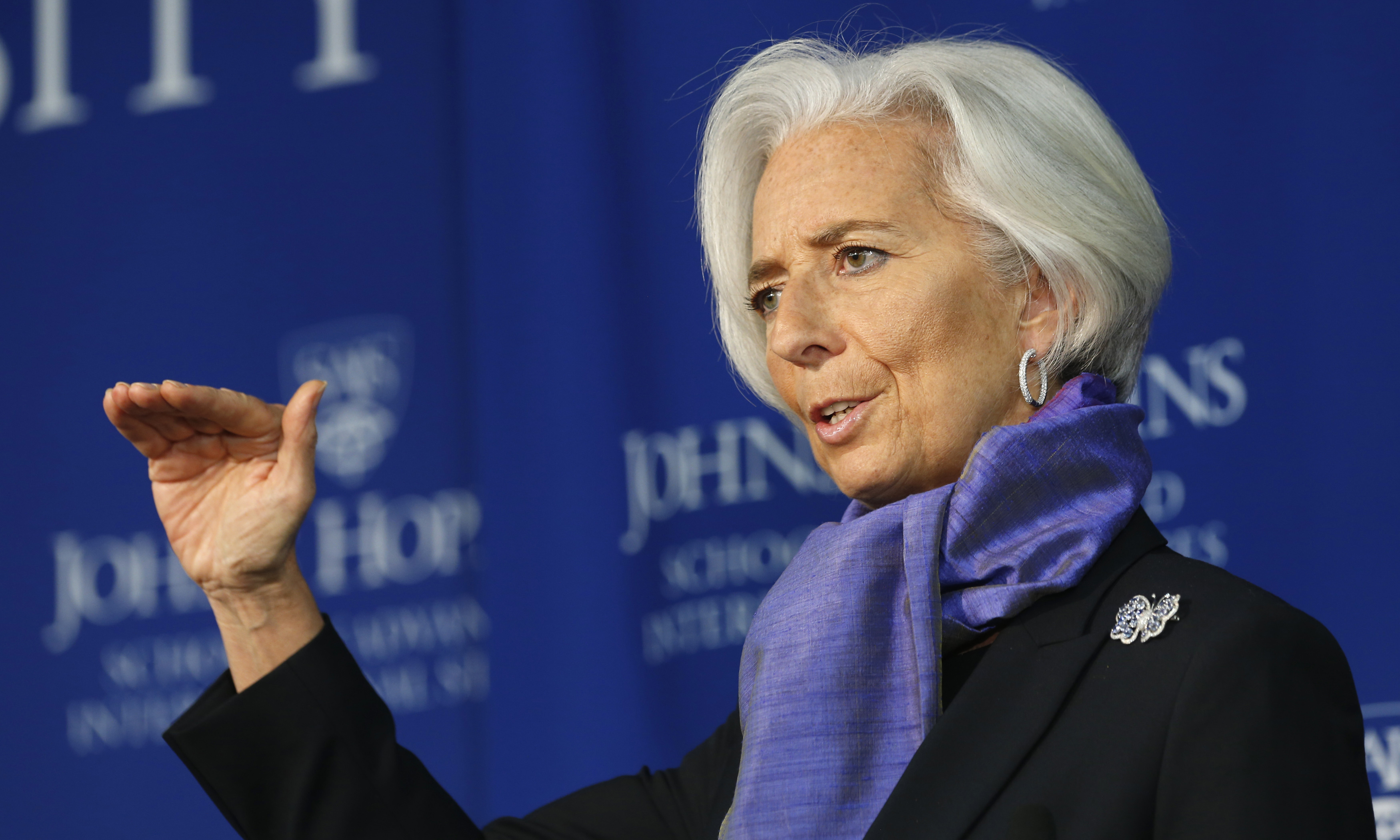Christine Lagarde, International Monetary Fund Managing Director, has called on governments and central banks around the world to harness the potential of cryptocurrencies to help bring them under control, warning that failure to do so would allow the unfettered development of a “potentially major new vehicle for money laundering and the financing of terrorism”.
In an IMF blog post on Tuesday, ahead of a meeting of Group of 20 finance leaders next week, the IMF chief said the technology behind crypto-currencies, including blockchain, offer exciting advancements that could power financial inclusion. New, low-cost payment methods could empower millions of people in low-income countries who lack traditional bank accounts.
“Before we get there, however, we should take a step back and understand the peril that comes along with the promise,” Lagarde said, adding that their appeal also makes them dangerous.
“These digital offerings are typically built in a decentralized way and without the need for a central bank. This gives crypto-asset transactions an element of anonymity, much like cash transactions,” she said. “The result is a potentially major new vehicle for money laundering and the financing of terrorism.”
Before the July 2017 shutdown of dark web marketplace AlphaBay, some $1 billion worth of illegal drugs, hacking tools, firearms and toxic chemicals were sold through crypto-assets on the exchange, she said.
Some early efforts are encouraging, including those led by the Financial Stability Board to study fintech advancements and by the Financial Action Task Force to provide guidance on electronic money laundering.
She said the IMF was focused on encouraging countries to develop policies that ensure financial integrity and protect consumers in crypto-assets in much the same manner as it has done for the traditional financial sector.
She also said technology behind crypto assets can be used to “fight fire with fire,” including distributed ledger technology that speeds up information sharing between market participants and regulators. This can be used to create registries of standard, verified customer information and help fight cross-border tax evasion, she said.
Regulators can also use biometrics, artificial intelligence and cryptography to enhance digital security and identify suspicious transactions “in close to real-time”, Lagarde added.
Applying the same securities rules to crypto assets as standard securities also can help increase transparency and alert buyers to potential risks.
“To be truly effective, all these efforts require close international cooperation. Since crypto-assets know no borders, the framework to regulate them must be global as well,” Lagarde said.
The G20 major economies will explore the regulation of crypto-assets this year, including at a meeting next week in Buenos Aires for G20 finance ministers and central bank governors.
Lagarde is the latest senior financial figure to issue a warning over the potential dangers of bitcoin, as well as to hail the potential of the technology behind it.



